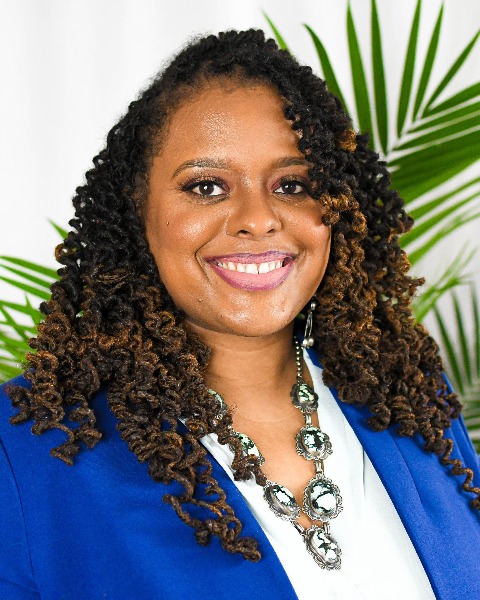Behavioral and Social Sciences
Culturally Responsive Interventions for Older Adults: From Development to Adaptation
-
MN
Manka Nkimbeng, PhD (she/her/hers)
Assistant Professor
School of Public Health
University of Minnesota
Minneapolis, Minnesota, United States -
QC
Quinton Cotton, PhD, MSSA (he/him/his)
Postdoctoral Research Fellow
School of Public Health, Division of Health Policy and Management
University of Minnesota
Minneapolis, Minnesota, United States -

Lauren Parker, PhD, MPH
Associate Scientist
Department of Health, Behavior, and Society
Johns Hopkins University
Baltimore, Maryland, United States -
MN
Manka Nkimbeng, PhD (she/her/hers)
Assistant Professor
School of Public Health
University of Minnesota
Minneapolis, Minnesota, United States -
QC
Quinton Cotton, PhD, MSSA (he/him/his)
Postdoctoral Research Fellow
School of Public Health, Division of Health Policy and Management
University of Minnesota
Minneapolis, Minnesota, United States -
JT
Janiece Taylor, PhD, MSN, RN, FAAN
Assistant Professor
Johns Hopkins University
Baltimore, Maryland, United States
Chair(s)
Co-Chair(s)
Discussant(s)
Individual Symposium Abstract First Author(s)
Culture is an important aspect of health and healthcare because it influences perceptions and health seeking behaviors, but many health interventions are developed without consideration of the cultural needs or do not include the voices of the of the target population. Yet culturally responsive interventions have been proven to be more effective than generic interventions. Opportunely, there is a growing understanding of the need for culturally responsive interventions but limited understanding of the process. This symposium will offer an overview of the process of developing culturally responsive interventions. It will present three unique projects that are in different stages and on different levels on the continuum of culturally responsive interventions and programs. African MADE is a culturally tailored dementia education program that was developed with the African immigrant community, while “Community-Organization Based Intervention Planning for Older Latine Adults: Lessons Learned” describes the co-development process employed in the design of an intergenerational respite program for older adults within the Latine community. Finally, we will present findings of a feasibility study of an evidence based intervention that was adapted for African American women with pain and depression.
Learning Objectives:
- Identify culturally responsive interventions for older adults
- Describe how to develop culturally responsive interventions for older adults
- Differentiate culturally responsive interventions from generic interventions.
Presentations:
-
10:00 AM – 11:30 AM ETThe Making of African MaDE: Memory and Dementia Education by and for the African Immigrant Community
Individual Symposium Abstract First Author: Manka E. Nkimbeng, PhD (she/her/hers) – University of Minnesota
-
10:00 AM – 11:30 AM ETEmbracing Culture and Designing an Intergenerational Training Program to Support Latine Elders
Individual Symposium Abstract First Author: Quinton D. Cotton, PhD, MSSA (he/him/his) – University of Minnesota
-
10:00 AM – 11:30 AM ETFeasibility and Acceptability of a Depression and Pain Intervention With Older African American Women
Individual Symposium Abstract First Author: Janiece L. Taylor, PhD, MSN, RN, FAAN – Johns Hopkins University
